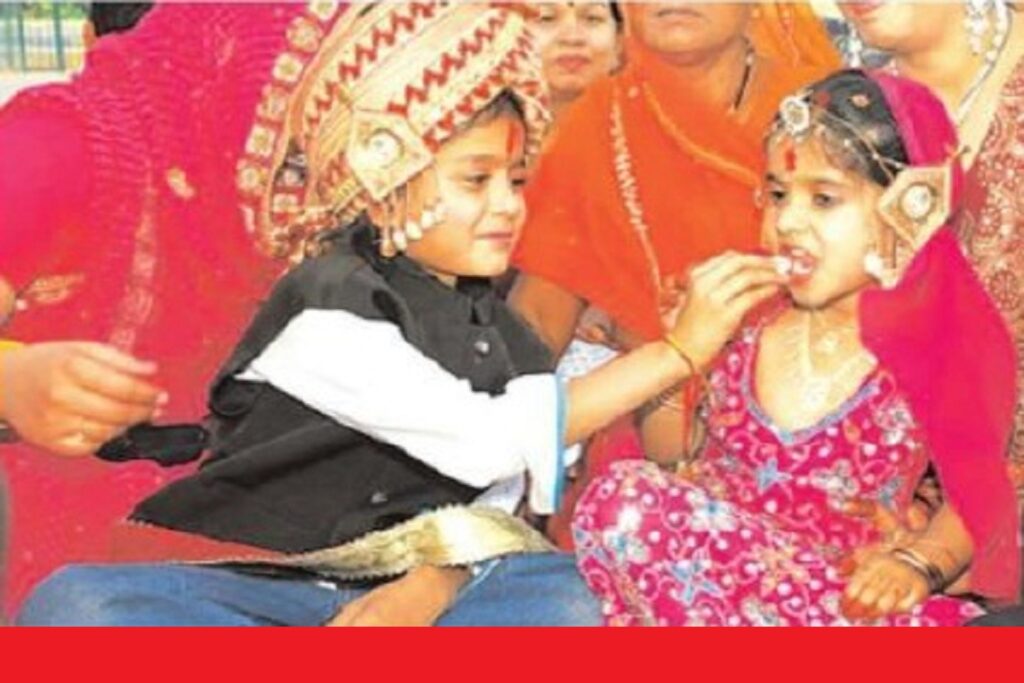Child marriage is no escape from poverty
Bandung (Indonesia), April 3 (360info) Child marriage has been going on for generations but is harmful. One of the main drivers is to escape poverty but that rarely is the case for victims.

Marrying before the age of 18 is a violation of human rights. Even though there are laws in place to prevent it, this damaging practice continues in many countries.
Child marriage has the potential to cause immense long-term suffering. Young brides have a lower chance of continuing their education and are at a higher risk of domestic violence.
Teenage girls are also at a greater risk of death due to complications during pregnancy and childbirth than women in their 20s. Their offspring are more likely to be stillborn or die during the first month of life.
UNICEF said “over the next decade, up to 110 million more girls will be at risk of becoming child brides as a result of the pandemic.”
Child marriage endures globally
The problem persists due to cultural and social norms, poverty, lack of education, and gender inequality.
In some societies, child marriage is seen as a way to secure a girl’s future and protect her from poverty or sexual promiscuity. In other cases, it may be viewed as a way to preserve traditions or customs. These cultural and social habits can be very difficult to change, as they are deeply ingrained in the community.
Poverty is also a major contributing factor, as families may see child marriage as a way to alleviate financial burdens or gain economic benefits, such as dowries or financial support from the groom’s family.
COVID-19 made it worse
The pandemic worsened child marriage globally by many factors.
Economic impact: The pandemic caused a significant economic downturn, leading to increased poverty and unemployment, making it difficult for families to meet their basic needs. Families saw marrying off their daughters as a way to alleviate financial burdens because of significant economic downturn.
School closures: Because of the economic impact, many parents could no longer afford to support their daughters’ education. Marrying them off helps alleviate their financial burden.
Death of a parent: The death of a parent because of COVID can also increase the likelihood that a female orphan will be married off, since family members may find it hard to support her.
Who can help prevent it?
Religious leaders can use their moral authority to promote change in their communities. They can advocate to prevent early marriage and promote alternative rites of passage that celebrate girls’ coming of age without requiring marriage.
Together with community leaders, they can help to identify and intervene in cases of child marriage and advocate for the provision of services and support to prevent it.Parents and other adult relatives can take the lead to give young girls more options in their life so marriage is not always the solution to the adults’ problem. Marrying off girls young costs trillions of dollars, according to the World Bank.
Addressing child marriage requires several approaches. Those underlying factors and works can change social norms and attitudes towards girls and women. Providing girls with access to education, healthcare and economic opportunities along with strengthening child protection systems and enforcing laws that prohibit child marriage are essential.






